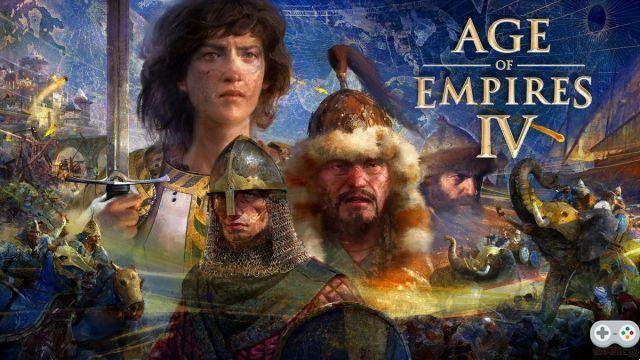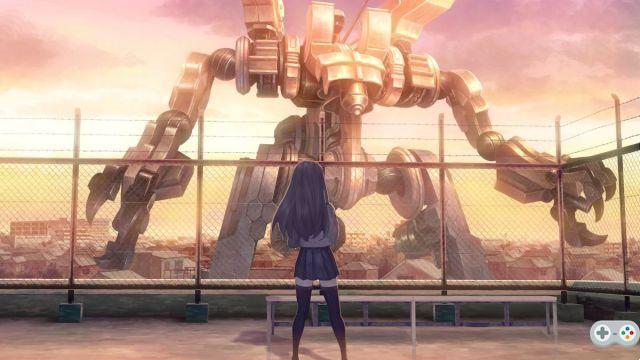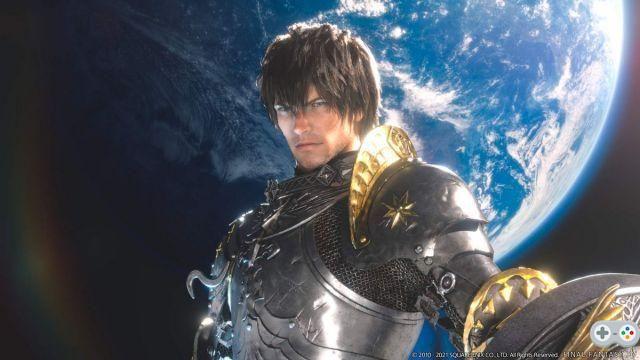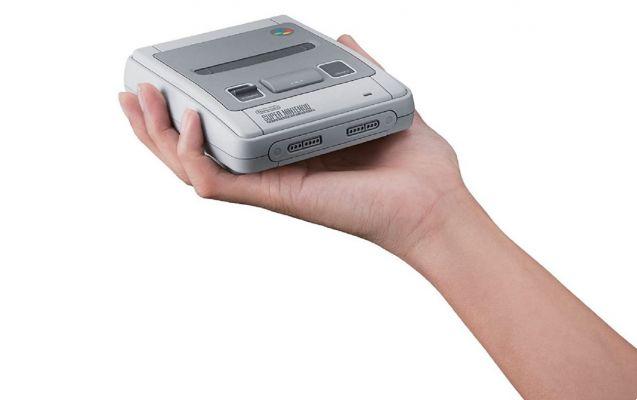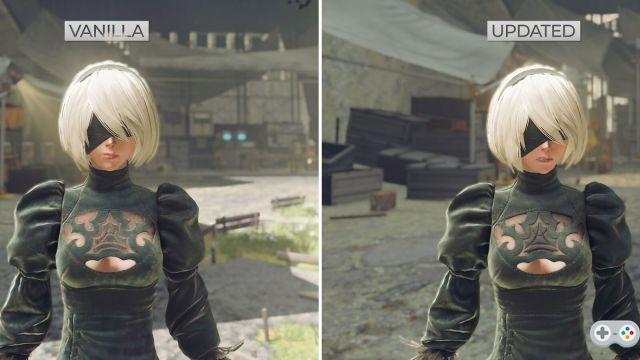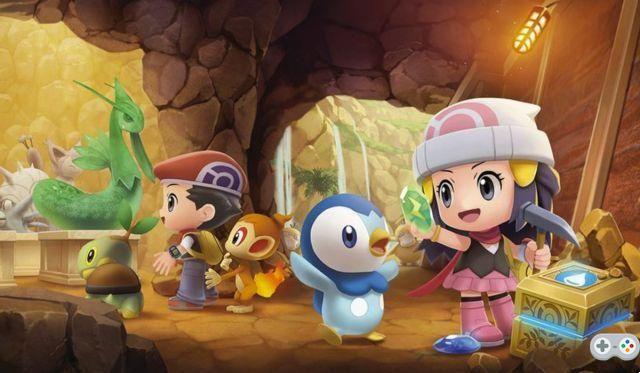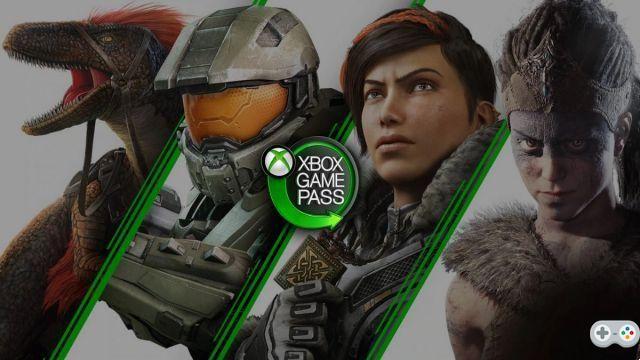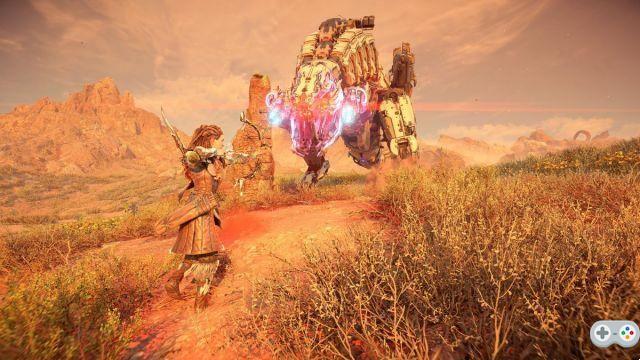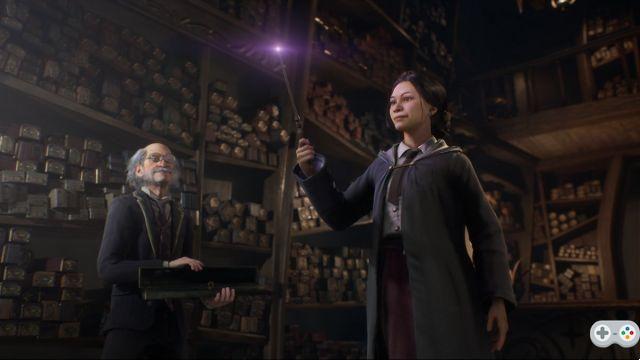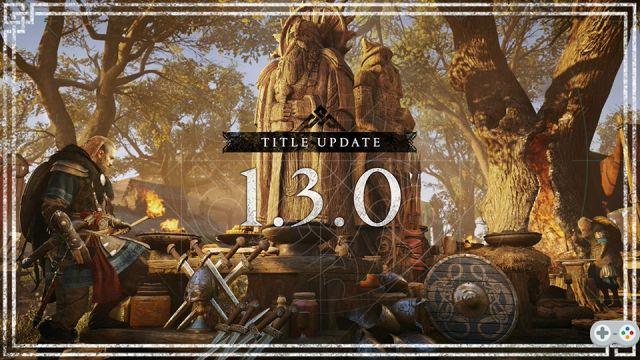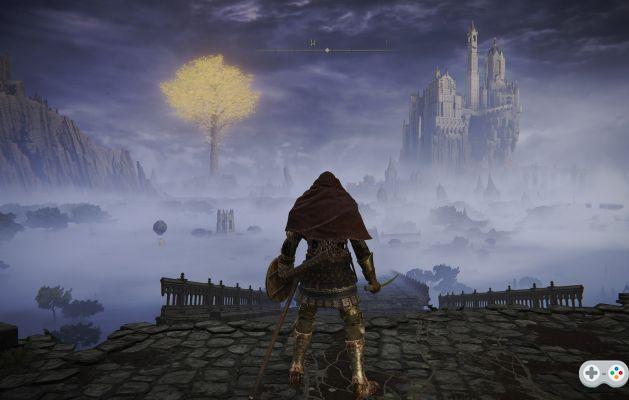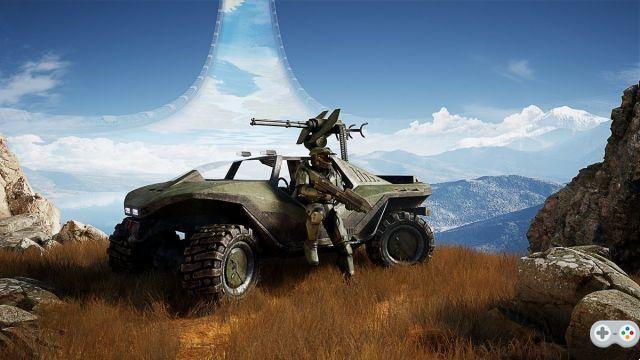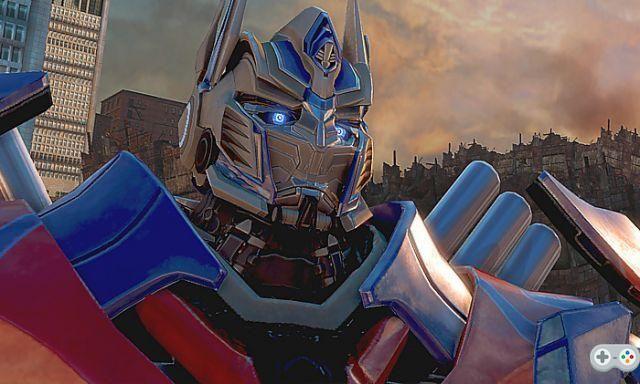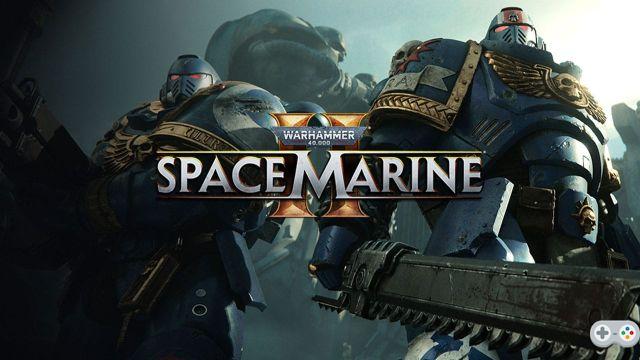
Long passed over in silence, the crunch is gradually beginning to make its way into the news. Behind this term hides an evil that plagues many video game studios around the world. We will therefore try to see more clearly about this practice, which has serious consequences for those who make games enjoyed by millions of players.
Naughty Dog, Rockstar Games, CD Projekt RED... These companies, in addition to designing remarkable titles, share a very sad similarity. It is obviously about the culture of the crunch. This habit is quite common in this young medium and can sometimes have a significant impact on projects in development. The staff is not spared either and must at times sacrifice their privacy for the needs of the game in question.
First, we will take stock of the general points that help to better understand the concept of crunch. Then, we will dwell on very specific cases before concluding on avenues that could make it possible to regulate this harmful trend.
The crunch, what monster hides behind this term?

Thus the crunch is a period of intense work during which developers work hard to complete a project. The team no longer counts the hours and stays late at the office. Weekends, which are supposed to rhyme with peace and relaxation, can also be used to participate in the last war efforts. Normally, the crunch only takes place over a short period of time, that is to say a few days or, at the most, over a small handful of weeks.
What you have to understand is that crunch is a standard in the field of video games. The vast majority of professionals in this field admit that they don't even know a studio where crunch doesn't exist. Except that the women and men who suffer it do not have a lot of recourse and can even be pushed out if they refuse to work these overtime hours, which are not necessarily paid (depending on the country).
Unfortunately, on the most ambitious games, the crunch can go on forever or even be in effect from the start of development. These cases, not as rare as we would like us to believe, have come to the fore in recent months thanks to investigations that have yielded sometimes edifying testimonies.
We owe most of these papers to one man: Jason Schreier. The Bloomberg journalist, and formerly at Kotaku, created a small earthquake by conducting investigations within the largest studios in the industry. He also wrote a novel called “Blood, Tears and Pixels” about it. This book takes a look back at the stormy design of wildly popular blockbusters like Uncharted 4, The Witcher 3, Dragon Age Inquisition, Destiny and many more. Indie titles aren't spared the crunch either.
When passion has a good back

For a long time, video game designers had this passionate geek label stuck on their foreheads. And since there is nothing more beautiful than passion, why not use it to justify the use of crunch?! Indeed, in many cases, the high placed of certain firms use this argument to push the developers to chain the hours “for the good of the project”. In addition, it is often said that the crunch consolidates team spirit since cooperation between individuals is then put to the test. A "beautiful" human adventure in short...
While there is some truth to all of this, there is also a good deal of fantasy. If we will discuss the case of Naughty Dog a little later, the Californian studio is the unfortunately very sad example of the excessive use of crunch. Despite the undeniable quality of the titles created by the owned company Sony Interactive Entertainment, the malaise has been deep internally in recent years. So much so that emblematic personalities have left the ship because of this work overload.
All this to say that if in appearance a game seems to be approaching perfection, it was not made without human sacrifices (not necessarily in the literal sense of the term, fortunately). If powerful bonds can be born during this trying exercise, it can also have a lasting impact on each person involved in various ways (fatigue, depression, burnout, estrangement from loved ones, etc.).
Of course, we don't know everything that's going on in studios around the world. But several cases have hit the headlines lately because of the extreme working conditions inflicted on employees. It is therefore time to come back to these cases which make it possible to realize how much a simple game, which a player can finish in a handful of hours, may have required dozens of additional hours per week from passionate developers. but also exhausted.
Hard to stay on top

“It's an incredible creative environment. But you can't go home".
This is how one developer described Naughty Dog in the Kotaku article. With Uncharted 2: Among Thieves in 2009, the "Dogs" forged a worldwide reputation that the studio managed to maintain for more than ten years. Indeed, the hits were linked for the "ugly dogs" but we were miles away from knowing what was going on internally. However, the Californian box regularly boasted of its business philosophy. Indeed, at Naughty Dog, no team leader or producer came to put pressure on the developers. Each working independently and not hesitating to challenge a colleague if the need arose. Meetings and long emails were also prohibited.
If this operation has something to dream about, it was also at the origin of the worst crisis experienced by the studio between 2014 and 2020. The crunch almost never stopped during these six long years, the fault of the lack of framing and immense pressure that constantly weighed on this team, which had no room for error. We are not going to redo the series in its entirety even if it caused the departure of several dozen developers over the months, including the iconic Bruce Straley, co-director of The Last of Us and Uncharted 4: A Thief's End. .

In an interview with Kotaku, the latter explained that Nathan Drake's fourth epic had simply been fatal to him. The fault lies (far too often) with a tight schedule. Because after almost three years of production, a large part of the project then directed by Amy Hennig was put in the trash. To be exact, and despite its initial announcement in November 2013, the game we all know took two years to develop, putting unsustainable workloads on teams. Uncharted: The Lost Legacy and The Last of Us Part II will have been of the same ilk.
Last March, Jason Schreier published a long article describing the chaos caused by the crunch at Naughty Dog. An employee, who had stayed late at the office, even nearly lost his life when a large pipe fell next to his workspace in the middle of the night. If the crunch is not mandatory, it is actually inevitable, as a developer who worked on The Last of Us Part II points out.
“You feel compelled to stay later, because everyone else does. If an animation needs to be implemented and you're not there to help the animator, you're blocking him, and he might make you feel guilty. It might not even be said – it might just be in a look. “Dude, you completely fucked me last night by not being there at 23 p.m.”.
Thus, even a studio that seems to have strong backs after having multiplied the rewards on its previous games and the millions of copies sold is not immune to serious internal dysfunctions. Because getting to the top is one thing, staying there is another.
It's hard to find a place in the sun
JVFR
At the opposite extreme, there are cases where crunch is unavoidable to ensure the survival of a project or even an entire studio. And these concerns come quite logically back to indie games. Among the best known, we can cite Stardew Valley or Shovel Knight. While both titles were critically acclaimed upon release, their development has been a test for their creators.
Indeed, the indie scene sees hundreds of new games coming through every year. Just look at the long list of weekly releases on Steam and on all the online stores of our beloved consoles to realize this. Already, manage to offer a fully finished title to players is a feat. There are several obvious reasons for this such as an extremely limited budget and developers who do not hesitate to dip into their personal funds to carry out their project. At this moment, we can well understand that the crunch becomes an absolute necessity.
JVFR
Eric Barone has done it all in Stardew Valley. From the dialogues, to the scenery and the gameplay. All without help but also without a real budget. The American developer, very perfectionist, has constantly postponed the release of his game. In the end, while the project had started in 2011, the official release only took place in February 2016. Stardew Valley and despite the exhaustion, the result was worth it.
Shovel Knight had a somewhat similar story after its over $300 Kickstarter. We owe this title to a group of friends who didn't hesitate to leave their fairly comfortable job to take on this very risky bet. Again, the production was painful but the game managed to find a place in the hearts of many players. The crunch was obviously in order and the leader of this small team was the victim of a violent backlash once the game was available. Depression, impostor syndrome... All this being due to intense fatigue linked to a crunch over several months.
All this tends to show that behind each game there are men and women who do not count their hours to satisfy their community, however small it may be. Whether a studio is made up of several dozen people or whether a project is carried out by a single creator, the observation is the same. The crunch is firmly anchored in the DNA of an industry that may never be able to get rid of it.
Are things really getting better?
JVFR
Finally, a small ounce of optimism is welcome. These crunch stories and other cases of harassment within a few studios (including Ubisoft) have raised awareness. Gamers seized on the phenomenon and pushed publishers to take action. So yes, radical change will take a long time, but there are encouraging signs. Rockstar Games is the embodiment of this.
Pinned for the many overtime hours imposed on employees during the development of Red Dead Redemption II, the starred firm announced last April that it was taking steps to prevent such a scenario from happening again. One of the company's executives said at the time that significant measures had been taken in every department of the company. More flexible schedules, management courses for managers, anonymous internal surveys and better general communication are among the improvements introduced to reduce crunch periods.
JVFR
CD Projekt RED, the Polish studio behind The Witcher saga and the highly anticipated Cyberpunk 2077, has also publicly admitted its crunch culture. However, in 2019, it finally decided to soften its policy by allowing its employees to take time off at any time they feel the need and without ever judging them in return. If these intentions are commendable, it is clear that they have not been followed by action. Indeed, in a very recent investigation published by Jason Schreier, we learned that the studio applied a mandatory crunch to its teams by imposing six-day work weeks until the release of Cyberpunk 2077. Some employees even explained be in full crunch for several months or even years (at least since the E3 2018 demo). In short, changing mentalities is not easy.
Since creating a AAA game takes more and more time and money, the pressure will always be there. But it is possible to lighten it in different ways, such as avoiding announcing a release date too quickly (which almost no studio manages to keep to). Indeed, a postponement is never a source of peace of mind for developers. If in the collective imagination, this can mean a longer development time and therefore less crunch, such a delay very often leads to an even longer crunch period. Cyberpunk 2077, already pushed back twice, is a perfect example of this. E3's famously spectacular demos can also cause a lot of internal turmoil because they usually have to be created from scratch (without necessarily reflecting the final quality of a game). While communication is important, it should not come at the expense of working conditions.
Developers need support
JVFR
To conclude, let's underline the difficulty of choosing the right posture when facing the crunch. In the end, it is imperative to support the developers who get their hands dirty every day to try to satisfy the players that we are. Boycotting a game that inflicts a huge period of crunch on its creators would only deal the deathblow to those employees who out of passion and/or financial necessity have knowingly sacrificed entire days (and nights) of their lives to shape “the perfect game”.
Obviously, other trades are faced with similar issues. But in the case of video games, we are dealing with an industry that is still very young and in which it is still possible to change mentalities more easily. There is no miracle cure but information is undoubtedly a key element and players, who know how to make themselves heard on social networks, also have their role to play. But since video games are an industry, competition will always be very strong and each studio will have to surpass themselves to continue to stand out. Thus, the crunch still has a bright future ahead of it...
Do not hesitate to let us know your opinion on this subject in the section reserved for comments (and always in calm and kindness of course...).




